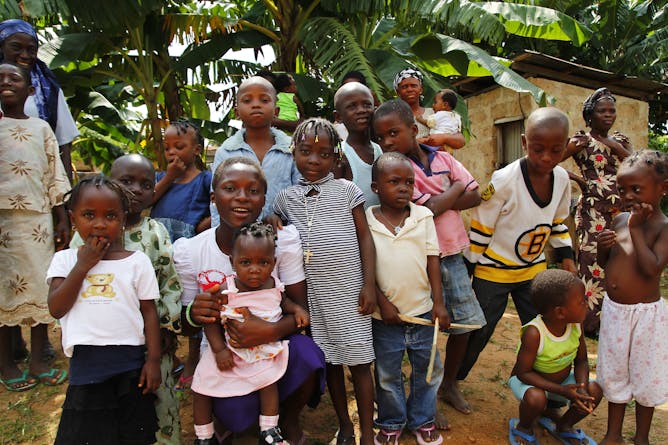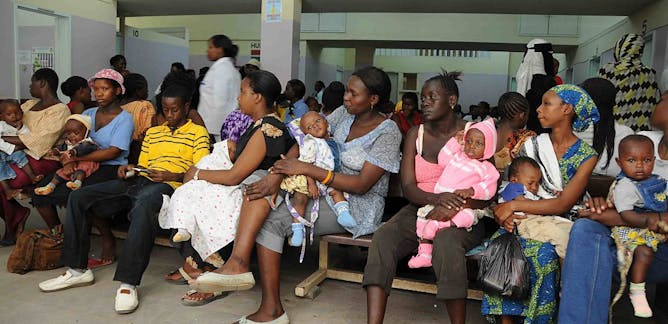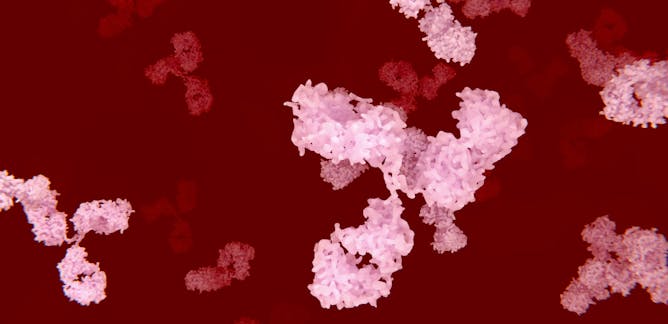|
Seventy out of every 100 Nigerians are under the age of 30. Ordinarily, this should be good news and a massive boost to the country’s productivity. However, that has not been the case. For instance, 64 out of every 100 unemployed people in Nigeria are under the age of 30, according to recent unemployment data. This explains why, beyond the campaign to end police brutality, the #EndSARS protests have other underlining factors. Adejuwon Soyinka asked Uche Isiugo-Abanihe, Professor of Demography and Dr. Funke Fayehun, senior lecturer and population scientist, both at the University of Ibadan, to unpack these issues.
Youthfulness will continue to be a defining demographic feature of Nigeria. This is because of its high fertility rate - especially among the poor and in the poorest parts of the country. This makes it impossible for the government to attain its development agenda as outlined in the Sustainable Development Goals. This includes eradicating poverty and inequality, combating hunger and malnutrition, expanding employment and educational enrolment and health care. Uche Isiugo-Abanihe explains how the combination of high fertility and declining mortality puts Nigeria in a “demographic trap”.
|

Young Nigerians display placards in support of the ongoing protests against police brutality.
Olukayode Jaiyeola/NurPhoto via Getty Images
Funke Fayehun, University of Ibadan; Uche Isiugo-Abanihe, University of Ibadan
With 70 percent of its people under 30 years, Nigeria needs to harness the strength in its youthful population.
|

Children playing in a village in Ondo state in Nigeria.
Shutterstock
Uche Isiugo-Abanihe, University of Ibadan
Large numbers of young people can represent great economic potential. But this only works if Nigeria can invest in their health and education and new economic opportunities.
|
Health + Medicine
|

Edwine Barasa, KEMRI Wellcome Trust Research Programme; Evelyn Kabia, KEMRI Wellcome Trust Research Programme
Removal of user fees or full subsidisation of insurance premiums doesn’t fully eliminate financial access barriers.
| |

Matthew Woodruff, Emory University
Are antibodies that attack a patient's own organs contributing to severe forms of COVID-19? A new study suggests specific antibody tests that may reveal the answer.
|
|
|
Politics + Society
|

Martin Plaut, School of Advanced Study
He's a brooding, taciturn figure, who has dominated Eritrean politics since the 1970s, and there are few signs of an effective challenge to his rule.
| |

David Collinson, Lancaster University; Jeff Hearn, University of Huddersfield
The 2020 US election is a battle of two masculinities – one authoritarian, the other paternalistic.
|
|
|